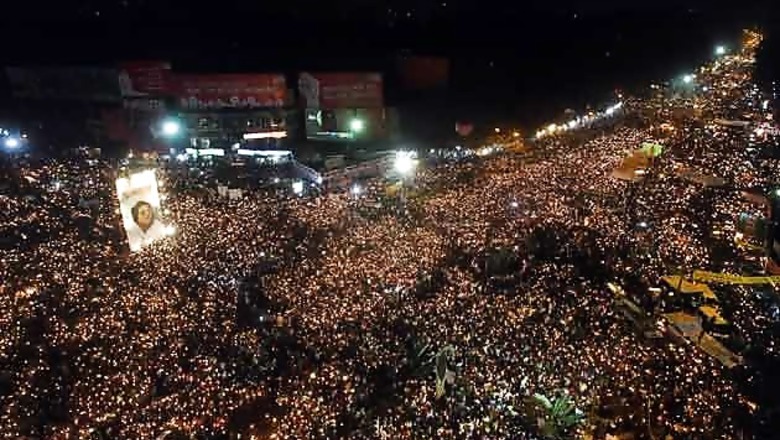
views
Dhaka: Bangladeshi police on Friday shot dead three Islamist activists who were protesting against two of their leaders' convictions for war crimes, while far larger demonstrations calling for the men to be executed continued for an 11th day. A tribunal sentenced Abdul Quader Mollah to life in prison on February 5 for war crimes including murder, rape and torture, the second verdict in trials that have reopened wounds of Bangladesh's 1971 independence conflict.
Most Bangladeshis had expected a death sentence to be handed to Mollah, 64, assistant secretary-general of Jamaat-e-Islami - the country's biggest Islamist party. Tens of thousands of protesters have rallied every day in more than a dozen cities since the sentencing, demanding the execution of Mollah and others convicted of war crimes.
Dhaka demonstrations have attracted crowds of more than 100,000. However, the judgment, which, followed the conviction of another former Jamaat leader on similar charges last month, also led to smaller counter-protests around the country, involving around 5,000 Jamaat activists in total.
They say the convictions are politically motivated and are demanding the tribunal be disbanded. The deaths on Friday took place in the southeastern town of Cox's Bazar town, a popular tourist resort, during clashes between police and Jamaat activists.
Police said they opened fire after failing to disperse activists with teargas. The town's police chief Mohammad Azad Mia told Reuters his officers had used guns after Islamists had first opened fire, set off dozens of crude bombs and hurled stones and bricks.
"We had to open fire in self defence, as the Islamist militants turned on law enforcers," he said. Jamaat called for a two-day strike in Cox's Bazar over the weekend and a day-long national strike on Monday to protest against the killings.
Local journalist Mohammad Nurul Islam said hundreds of tourists, including some foreigners, were fleeing the town, anticipating more violence. At least 30 activists were injured in Cox's Bazar and more than 150 arrested on Friday, while eight police were hurt.
The clashes led to authorities banning gatherings and calling in paramilitary border guards to try to prevent further violence. Bangladesh became part of Pakistan at the end of British rule in 1947 but broke away in 1971 after a war between Bangladeshi nationalists, who were backed by India, and Pakistani forces that cost 3 million lives.
Some factions in what was then East Pakistan opposed the break with Pakistan, and numerous abuses were committed during the nine-month war. Jamaat denies accusations that it opposed independence and helped the Pakistani army.
Prime Minister Sheikh Hasina, daughter of independence leader Sheikh Mujibur Rahman, set up the war crimes tribunal in 2010 to investigate abuses during the 1971 war. The main opposition Bangladesh Nationalist Party (BNP) of Hasina's arch rival, former premier Begum Khaleda Zia, and its ally Jamaat-e-Islami, say the prime minister is using the tribunal as a political weapon against them.
The tribunal delivered its first judgment last month, sentencing a former Jamaat leader and Islamist preacher, Abul Kalam Azad, to death on similar charges. He was tried in absentia as he fled the country in April.
Eight other Jamaat leaders along with two from the BNP also face charges before the tribunal. Tens of thousands of people continued to take to the streets of the country on Friday to demand the death penalty for Mollah and other war criminals.
More than 100,000 people gathered at Dhaka's Shahbag Avenue, which has become the focus of protests. "We will never let up our campaign until all the war criminals are executed," said protester Shimul Mahmud.
Bangladesh parliament is expected to amend the war crimes law over next few days to allow the government to appeal for tougher penalties for war crimes, officials said. The amendment would give both sides the right to appeal against any verdict, including a sentence considered too lenient or an acquittal. Under the current law, the prosecution can appeal only against an acquittal.
Hasina has rejected accusations that the tribunal is biased but it has been criticised by human rights groups for failing to adhere to standards of international law. Several ministers and civil society groups want Jamaat banned from politics but analysts say that could risks pushing the country into even deeper turmoil.










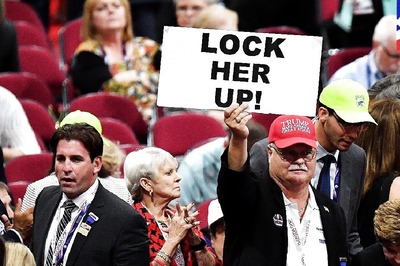


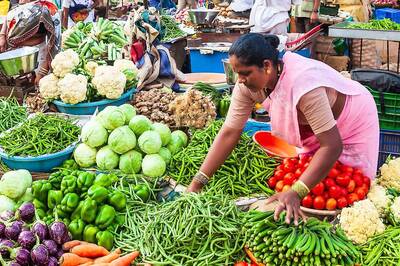
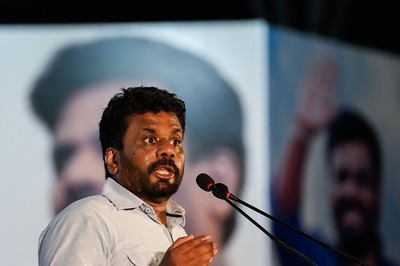
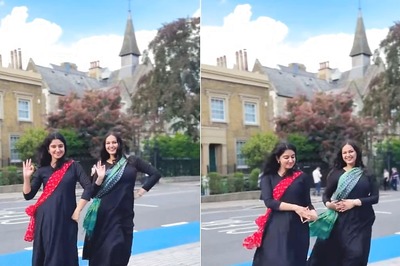


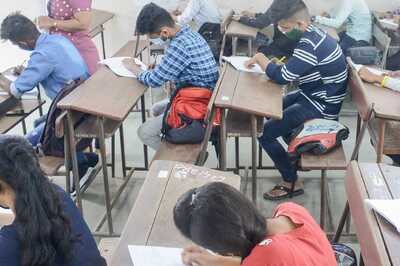

Comments
0 comment